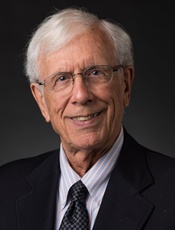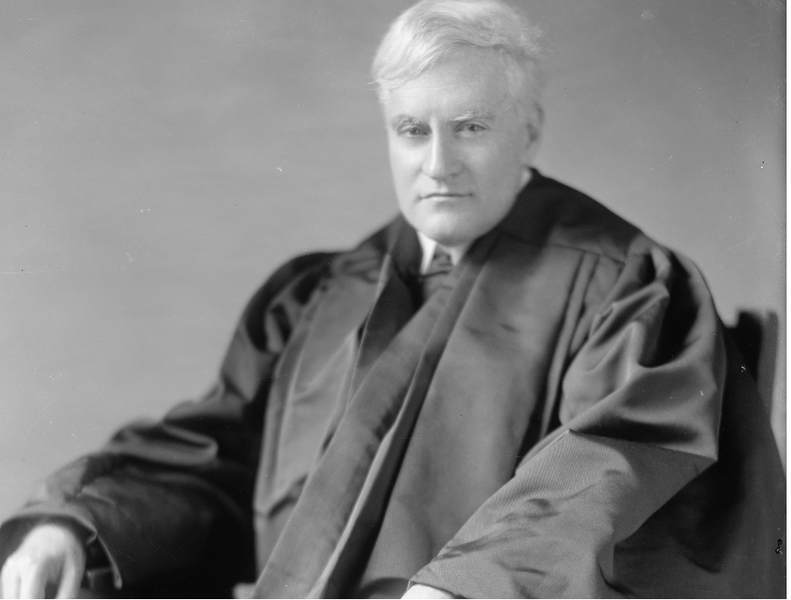 The author, Otto Stockmeyer, a former judicial law clerk, is a Distinguished Professor Emeritus at Cooley Law School. His series, “Beloved Storytellers,” is adapted from an article he wrote for the Thomas M. Cooley Law Review. His previous Cooley blog posts are available here.
The author, Otto Stockmeyer, a former judicial law clerk, is a Distinguished Professor Emeritus at Cooley Law School. His series, “Beloved Storytellers,” is adapted from an article he wrote for the Thomas M. Cooley Law Review. His previous Cooley blog posts are available here.


